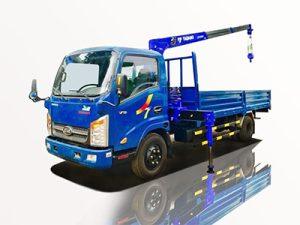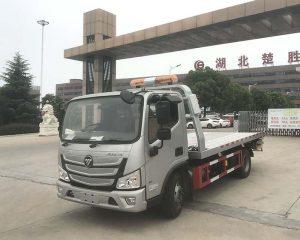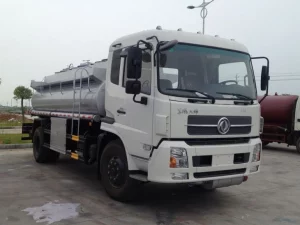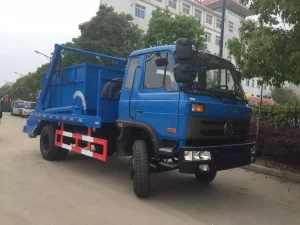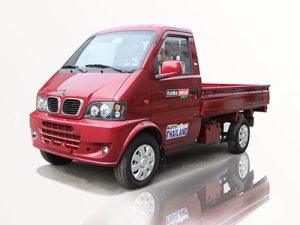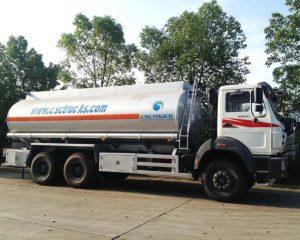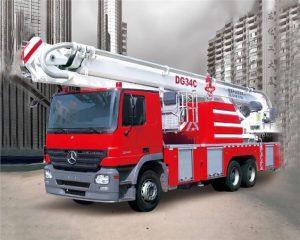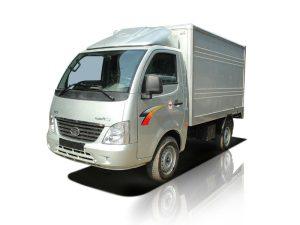Monday to Saturday - 8:00 -17:30
Complete Guide to Potable Water Trucks: Everything You Need to Know
Introduction
In today’s world, access to clean drinking water is essential. With increasing demand caused by urbanization, natural disasters, and large events, potable water trucks have become a vital resource. These trucks are specially designed to transport clean drinking water to various locations, ensuring that communities, businesses, and emergency services have access to this indispensable resource. In this comprehensive article, we will delve into the various aspects of potable water trucks, their significance, applications, and factors to consider when renting or purchasing one.
What are Potable Water Trucks?
Potable water trucks are vehicles equipped with specialized tanks that transport water deemed safe for human consumption. These trucks adhere to stringent regulations set by health authorities, ensuring that the water remains uncontaminated throughout transit. With various sizes and configurations available, potable water trucks can cater to a range of needs, from supplying residential areas to supporting large events and disaster relief efforts.
Key Features of Potable Water Trucks
- Tank Construction: Typically made from materials like stainless steel or food-grade polyethylene to prevent contamination.
- Pump Systems: Equipped with powerful pumps for efficient loading and unloading of water.
- Filtration Systems: Many trucks come with filters to ensure water purity before delivery.
- Legal Compliance: Must meet local regulations regarding potable water transport.
Common Applications of Potable Water Trucks
Potable water trucks are employed in various situations, each with its unique requirements and challenges. Here are some common applications:
1. Emergency Response
In cases of natural disasters, such as floods, hurricanes, or earthquakes, potable water trucks become critical for delivering safe drinking water to affected communities. Emergency responders utilize these trucks to ensure that people have access to clean water during crises.
2. Construction Sites
Construction sites often require large volumes of water for operations, including dust control and sanitation. Potable water trucks provide a reliable and efficient solution for meeting these needs without relying on local supply.
3. Events and Festivals
Larger public events, festivals, and fairs need substantial amounts of drinking water for attendees. Potable water trucks are used to supply water to vendor stations and refill water containers.
4. Rural Areas and Remote Locations
For rural communities or remote locations lacking access to municipal water supplies, potable water trucks serve as a crucial source of drinking water. These trucks can deliver water on scheduled routes to ensure consistent availability.
5. Agricultural Use
Farmers may use potable water trucks to ensure livestock and crops have access to clean water, especially in regions experiencing drought or where water quality in local sources is poor.
Choosing the Right Potable Water Truck
When selecting a potable water truck, there are several factors to consider to meet your specific requirements:
1. Tank Size
The tank size should correspond with your water transport needs. Common sizes range from 1,000 to 6,000 gallons, depending on the scale of your operations or events.
2. Regulatory Compliance
Ensure that the truck complies with local and state regulations regarding potable water transport. This includes certification of the tank’s material and cleanliness standards.
3. Pumping System
A reliable and efficient pumping system is crucial. Understand the flow rates and how quickly you can load and unload the water.
4. Maintenance and Durability
Consider the maintenance requirements and durability of the materials used in the truck. Stainless steel tanks may be more expensive but offer longevity and resilience.
5. Rental vs. Purchase
Decide whether it’s more cost-effective for your needs to rent a truck or to buy one outright, especially if you require frequent transport of potable water.
Costs Associated with Potable Water Trucks
The costs associated with potable water trucks can vary significantly based on several factors:
| Cost Factor | Estimated Cost Range |
|---|---|
| Purchase Price | $25,000 – $150,000 |
| Rental Price per Day | $150 – $500 |
| Water Loading Fees | $0.05 – $0.25 per gallon |
| Pumping System Costs | $5,000 – $20,000 |
Practical Tips for Using Potable Water Trucks
Here are some practical tips to maximize efficiency and effectiveness when using potable water trucks:
1. Regular Maintenance
Conduct routine checks on pumps, hoses, and tank integrity to ensure smooth operations and prevent contamination.
2. Clean the Tank After Each Use
After each delivery, clean the tank with proper cleaning agents and rinse it to maintain water quality.
3. Monitor Water Quality
Regularly test the water quality for contaminants, especially if the truck is used frequently or for varying sources.
4. Train Operators
Ensure that the operators are well-trained on the equipment and understand protocols for safe potable water handling.
5. Plan Delivery Routes
Efficient delivery routes can save time and fuel costs. Always plan deliveries to minimize travel distance and duration.
Environmental Considerations
While potable water trucks serve a vital role, they must be operated in an environmentally conscious manner:
1. Controlled Water Usage
Only use the necessary amount of water to meet demand, preventing waste and unnecessary depletion of resources.
2. Proper Disposal of Waste
Follow local guidelines for disposal of any waste materials generated during water transport and delivery.
3. Eco-Friendly Practices
Whenever possible, employ eco-friendly practices, such as using energy-efficient trucks and reducing travel distances through route optimization.
Frequently Asked Questions (FAQ)
1. What types of water can be transported in potable water trucks?
Potable water trucks can only transport water that meets drinking standards set by health authorities, which typically includes filtered and treated water from municipal sources or pre-approved wells.
2. How do I know if a truck is suitable for potable water?
Check for certifications and labels indicating the truck’s compliance with local health regulations, and ensure that the materials used for the tank are food-grade.
3. Can I drink water directly from the truck?
It is generally advised to refill containers or system taps for drinking rather than drinking directly from the truck unless specifically designed for such use.
4. How often do I need to clean the truck?
Cleaning should be done after every use or delivery to maintain water quality and comply with health standards.
5. What should I do if I suspect the water is contaminated?
Cease all operations immediately, conduct water testing, and address any contamination source before resuming usage.
6. Are there special driving considerations for potable water trucks?
Drivers should be trained in safe driving practices, especially when carrying heavy loads, to prevent accidents and ensure that the water remains uncontaminated during transport.


